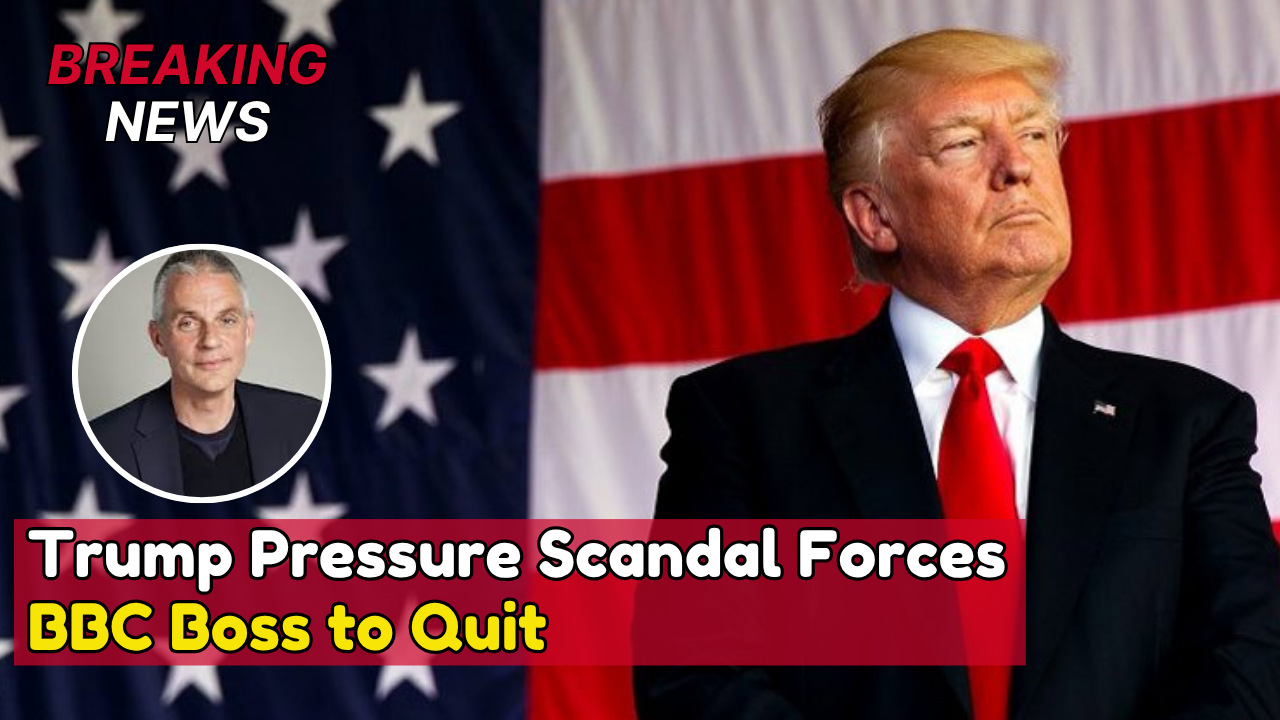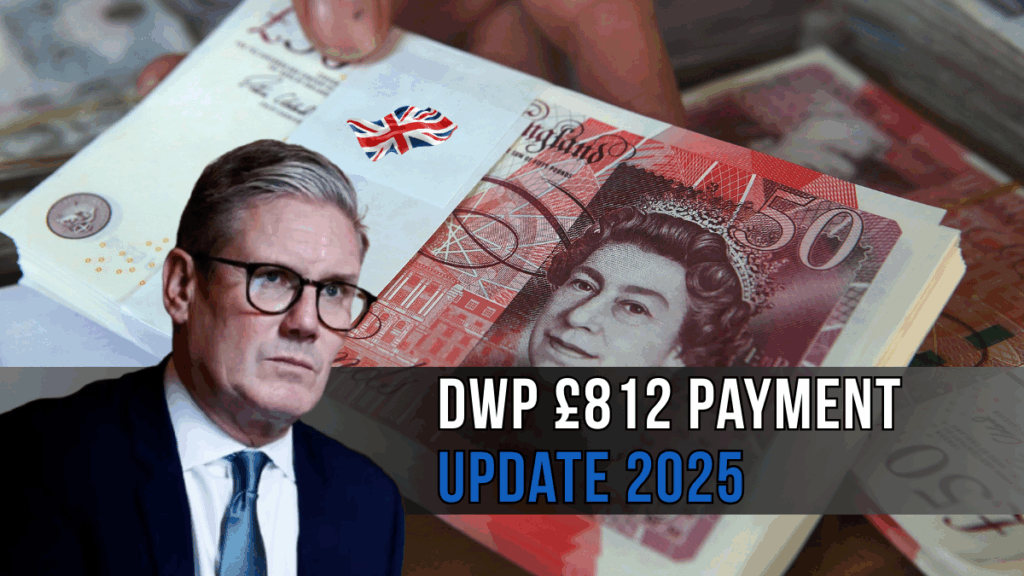The BBC has entered a period of intense scrutiny after a flagship Panorama documentary on Donald Trump triggered allegations of misleading editing and broader impartiality concerns. In the wake of the controversy, Director General Tim Davie and BBC News Chief Executive Deborah Turness resigned. Their departures have focused attention on the BBC’s editorial processes, governance, and the standards expected of a publicly funded broadcaster that serves audiences in the United Kingdom and around the world.
What Sparked the Controversy

At the center of the storm is a Panorama episode that examined Donald Trump’s words and actions in the period surrounding the January 6 events at the United States Capitol. A leaked memo raised concerns that the program presented two separate remarks from Trump’s speech as if they followed one another directly. Critics argue that this edit could lead viewers to infer a stronger and more immediate call to action than the original sequence suggested. Supporters of the allegation say the juxtaposition risked changing audience perception of intent. The accusation does not turn on whether the quotes existed but on how they were selected, placed, and framed.
Quick Summary
Item |
Details |
|---|---|
Organisation |
BBC |
Key Resignations |
Tim Davie, Director General. Deborah Turness, CEO of BBC News |
Core Issue |
Allegations that a Panorama documentary edited separate parts of a Trump speech in a way that could mislead viewers about his intent before the January 6 Capitol events |
Wider Concerns |
Claims of inconsistent editorial standards and bias across sensitive topics |
Immediate Impact |
Two top resignations, internal reviews expected, heightened political and public scrutiny |
Why It Matters |
Public trust, impartiality, funding model, and governance of a major public service broadcaster |
Official Site |
Why the Issue Grew
The documentary question became a catalyst for broader criticism. The leaked memo referred to editorial choices on several sensitive subjects and argued that standards around balance, language, and framing were not applied consistently. Even without a definitive public adjudication of each claim, the accumulation of concerns proved damaging. For an institution that relies on trust, the perception of repeated judgment lapses created a serious problem that leadership needed to address decisively.
The Resignations
Tim Davie said that while the BBC continues to produce strong work overall, mistakes had been made and accountability sits with the top. Deborah Turness also stepped down, acknowledging the scale of the fallout and the need for clarity and confidence in BBC journalism. Their exits are significant not just because of their seniority but because they signal a reset in how the corporation will interrogate, document, and communicate its editorial choices.
Editorial Standards Under the Microscope
The BBC operates with codified guidelines on accuracy, fairness, and impartiality. However, guidelines are only as effective as the processes that apply them. The controversy has shifted attention to the mechanics of production. Key points include how source material is logged, how edits are justified, how scripts and visuals are checked for potential misleading juxtapositions, and how senior editors sign off on sensitive segments. Expect strengthened audit trails, more robust pre-broadcast challenge sessions, and clearer annotations in scripts that explain why particular edits were made.
Political and Public Reactions
Political leaders, media critics, and large sections of the audience have weighed in. For some, the controversy confirms long-standing concerns about bias in public broadcasting. For others, it shows that editorial pressure points are inevitable in complex stories and highlights the need for transparent remedies rather than sweeping conclusions. Public service media must satisfy a wide spectrum of viewers who assess impartiality through different lenses. This episode has shown how quickly confidence can erode if transparency and timely corrections lag behind the pace of criticism.
Why This Matters Beyond One Program
This is not only about one Panorama episode. It is about trust, independence, and the funding model that underpins public service media. The BBC’s reach and mandate are unique. When a program appears to compress or conflate material in a way that changes meaning, it cuts against the expectation of scrupulous fairness. Rebuilding confidence will require visible process reforms, faster clarifications when errors are found, and a culture that values challenge at every stage of production.
What Happens Next
Internal reviews are expected to examine the program’s edit decisions, approvals, and compliance notes. The board will likely look at systemic reforms that go beyond a single team or output. Training will focus on the risks of compression edits, context loss, and suggestive sequencing. Management changes will follow the leadership exits, with an emphasis on strengthening editorial independence while improving accountability. The BBC will need to demonstrate that lessons are not only learned but embedded in day-to-day workflows.
Practical Lessons for Newsrooms
Editors and producers in any newsroom can draw several lessons. First, context can be altered by proximity, so edits that bring distant remarks together must include clear and honest signposting. Second, captions, supers, and narration should help rather than tilt interpretation. Third, compliance sign-off needs both subject matter knowledge and a strong adversarial review culture. Finally, post-broadcast transparency can preserve credibility when an honest mistake occurs. Prompt corrections and clear explanations often matter as much as avoiding the original error.
Frequently Asked Questions
1. Did the BBC admit to deliberate bias in the documentary
No. The concern focuses on editing choices and their effect on meaning. The BBC has acknowledged mistakes and is expected to examine the matter in detail, but it has not accepted a claim of deliberate political intent.
2. Why did leadership resign if the investigation is not complete
Leadership accountability in public institutions often requires swift decisions when confidence is at risk. The resignations aim to create space for independent review and to show that the corporation takes editorial concerns seriously.
3. Does this mean the BBC cannot be trusted
Trust is not binary. The BBC produces a large volume of journalism that meets high standards. This controversy shows that processes must be strengthened and that transparency must be faster and clearer when errors occur.
4. What changes are likely inside the BBC
Expect tighter edit documentation, more rigorous challenge sessions before broadcast, clearer labeling of spliced material, enhanced training on impartiality, and stronger compliance sign-off for high-risk segments.
5. Will viewers notice any differences
Viewers may see clearer on-screen signposting, more precise captions, faster corrections where needed, and public explanations of editorial decisions in programs that handle contentious material.
Conclusion
The resignation of two of the BBC’s senior leaders marks a pivotal moment. A dispute over documentary editing has grown into a wider test of editorial culture, process rigor, and public trust. The coming months will reveal whether the BBC can translate this crisis into durable improvements. If it succeeds, it can reinforce its standing as a benchmark for public service journalism. If it falters, debates over funding, independence, and value for money will become even harder to navigate.
For More Information Click HERE











